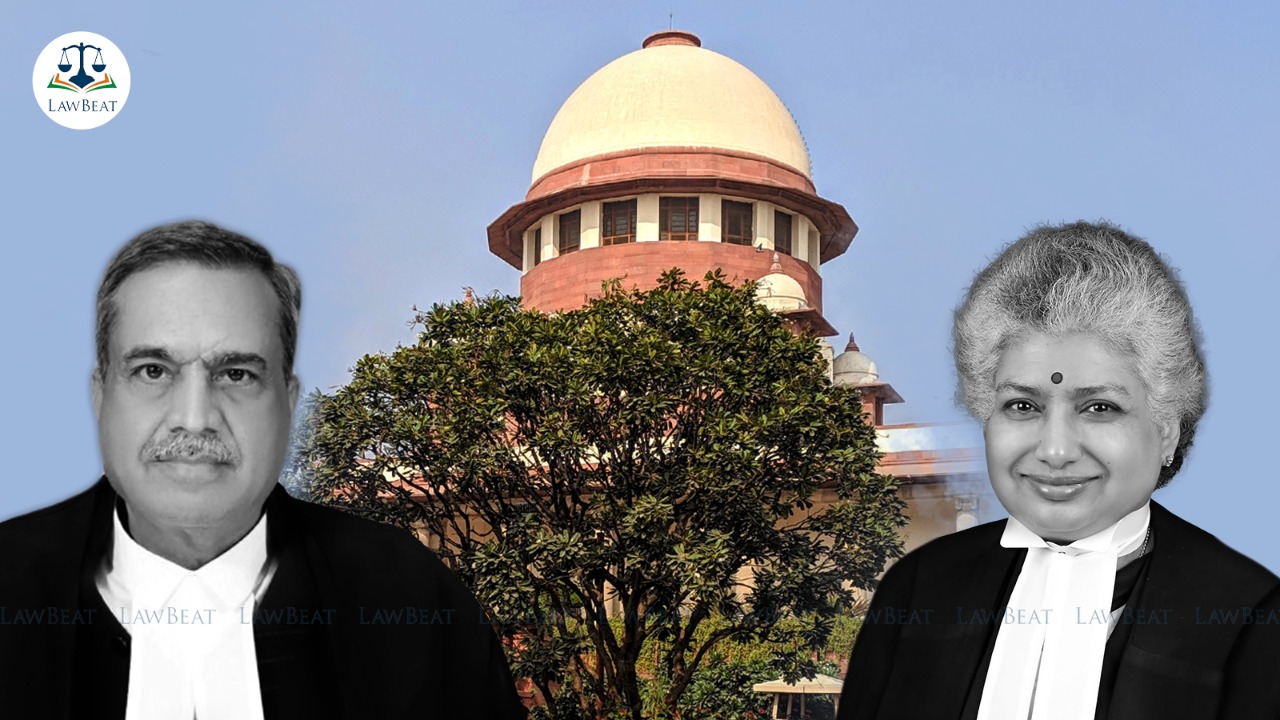Compassionate appointment applications must be decided within six months from date of submission: Top Court

Considering the object and purpose of appointment on compassionate grounds, a division bench of the Supreme Court last week observed that the authorities must consider and decide such applications for appointment on compassionate grounds as per the policy prevalent, at the earliest, but not beyond a period of six months from the date of submission of such completed applications.
Top Court noted that a family of a deceased employee may be placed in a position of financial hardship upon the untimely death of the employee while in service and the basis or policy is immediacy rendering financial assistance to the family of the deceased consequent upon his untimely death.
"...we have found that in several cases, applications for appointment on compassionate grounds are not attended in time and are kept pending for years together. As a result, the applicants in several cases have to approach the concerned High Courts seeking a writ of Mandamus for the consideration of their applications. Even after such a direction is issued, frivolous or vexatious reasons are given for rejecting the applications. Once again, the applicants have to challenge the order of rejection before the High Court which leads to pendency of litigation and passage of time, leaving the family of the employee who died in harness in the lurch and in financial difficulty....", remarked a bench of Justices MR Shah and BV Nagarathna.
Court was further of the view that if the object and purpose of appointment on compassionate grounds has to be achieved then such applications should be considered well in time and not in a tardy way.
"We have come across cases where for nearly two decades the controversy regarding the application made for compassionate appointment is not resolved. This consequently leads to the frustration of the very policy of granting compassionate appointment on the death of the employee while in service....", said the Court while urging that such applications cannot be rejected on the basis of frivolous and for reasons extraneous to the facts of the case.
These observations were made by the Court while hearing an appeal filed by Malaya Nanda Sethy who sought compassionate appointment after his father, who was working as an Assistant Sub-Inspector in the Excise Department, passed away on January 2, 2010, while in service.
He had applied for his appointment as a Junior Clerk on compassionate ground under the Orissa Civil Service (Rehabilitation Assistance) Rules, 1990 (“1990 Rules”) in July, 2010, since his mother was unable to undertake a government job due to her medical condition.
His application was not attended to by the Excise Department for a considerable period of five years and after five years, the Additional Secretary asked the Collector, Ganjam to furnish a fresh report regarding the financial condition of the family of the deceased government servant.
The 1990 Rules came to be replaced by the new Rules, namely, Odisha Civil Services (Rehabilitation Assistance) Rules, 2020 (“2020 Rules”).
Sethy approached the High Court submitting that the rules prevalent at the time when the application for compassionate ground was made, shall be applicable and not the subsequent scheme prevalent at the time of deciding the application, but his writ came to be dismissed.
The top court noted that there was no fault and/or delay and/or negligence on the part of Sethy at all. He was fulfilling all the conditions for appointment on compassionate grounds under the 1990 Rules. For no reason, his application was kept pending and/or no order was passed on one ground or the other.
"Not appointing the appellant under the 1990 Rules would be giving a premium to the delay and/or inaction on the part of the department/authorities. There was an absolute callousness on the part of the department/authorities. The facts are conspicuous and manifest the grave delay in entertaining the application submitted by the appellant in seeking employment which is indisputably attributable to the department/authorities....", said the Court while holding that Sethy shall not be denied appointment under the 1990 Rules.
Case Title: Malaya Nanda Sethy vs. State of Orissa and others
